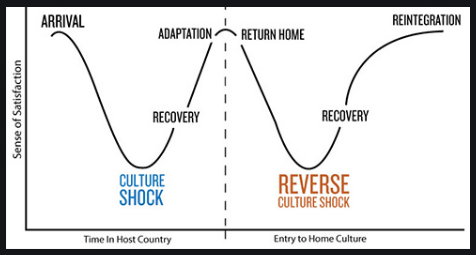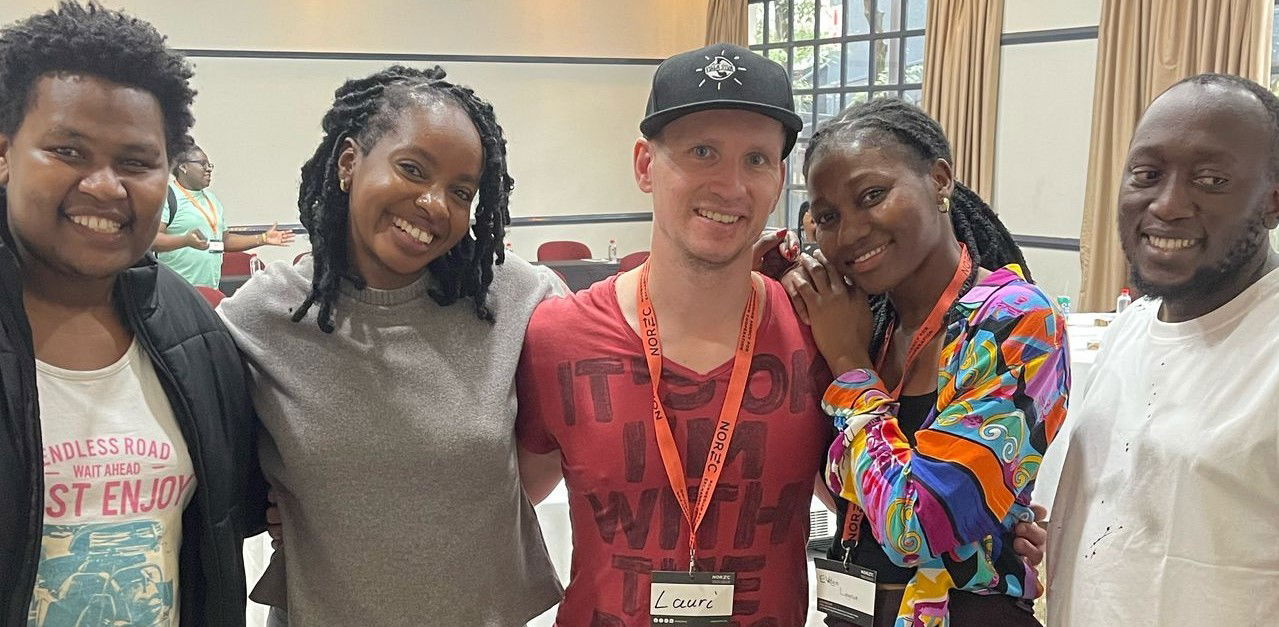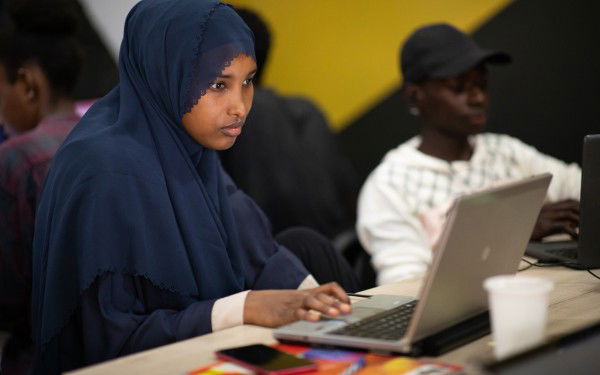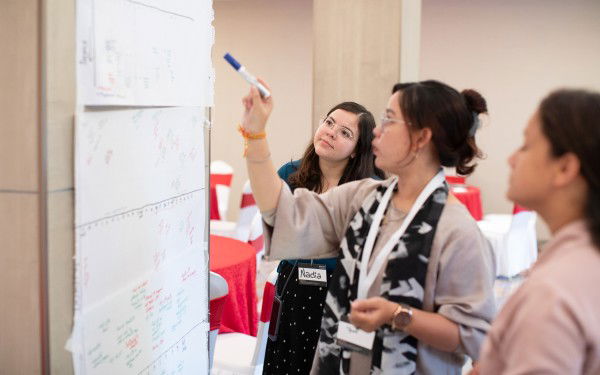How to ensure a successful homecoming
18. March 2025
Through the Norec grant for exchange cooperation, 188 partner organisations annually send young people on work exchanges across borders. In 2024, Norec arranged 10 preparatory and homecoming seminars for participants in the Norec programme. We also co-arranged four seminars for this group and offered six digital seminars to prepare and debrief them. Additionally, this year, we held four webinars focusing on well-being abroad and climate smart solutions.
The work exchanges have a duration between 6-18 months. But regardless of the length of the exchange, it is not always as easy for the participants to return back home afterwards.
Reverse culture shock is a term used by experts to describe the unanticipated adjustment problems that individuals face when returning back home after a stay abroad. Typically, the more successful a person was at immersing themselves in the culture of their host country, the more challenging it may be for them to readjust to their own culture.

Norec homecoming training
The Norec participants often refer to the exchange as a life-changing experiences. Personal growth is also a great part of the experience, but they also obtain useful new skills that they take back home with them, either in their professional life or in their work with the sending organisations. Working with others and self-efficacy are two of the main features that the young people say that they have acquired while on exchange. These are skills that the World Economic Forum have mapped as skills that workers will need for the future.

To prevent the reverse culture shock from hitting the participants too hard, we organise mandatory homecoming training courses for them before they return back home to their communities.
In this training we offer sessions where the participants map the skills they have acquired during the work exchange. They also try to envision how they can put these skills into use in their careers, everyday life and as global citizens creating sustainable development. 72% says they are better able to identify and communicate new learning gained from my exchange. Further, we have the participants reflect upon examples of cultural, professional, and personal challenges related to returning home from another cultural context, and we together identify specific coping strategies for turning these challenges into opportunities.
Feedback from the participants highlights they, through the Norec homecoming training, feel better equipped to handle challenges and have the tools to create plans to apply their newly gained skills in their futures. Norec believes that these debrief sessions not only ease their transitions but also enables them to make significant contributions to their communities and future careers. But the participants successful homecoming does not only depend on the Norec training, it also hinges on the support of the home partner organisations.

Your contribution to a successful homecoming
The home organisations play a crucial role in the participants’ homecoming and should have a good plan in place beforehand that ensures that a space is created where the participants can effectively apply their new skills and knowledge. During the follow-up work period after the exchange, which has a duration of minimum two months, it is the home organisation’s responsibility to offer the participants continued guidance and growth opportunities to ensure that the impact of the exchange is sustained and that the new learning is embedded in the organisation.
In February, Norec arranged 3 trainings parallelly in Johannesburg, Kathmandu and Bogota. During the farewell party at the end of the Johannesburg training, Sauda Luzze, read a poem she had written based on experiences shared in the homecoming sessions. The last part went like this:
We’ve cried, we’ve laughed, and questioned,
“Why me?”
Yet, here we are changed, bold, and free.
So cheers to us Norec’s brave and bright,
Who faced the unknown and turned it to light.
From young, naive babies to warriors that are grown,
No matter the distance we’re never alone.




